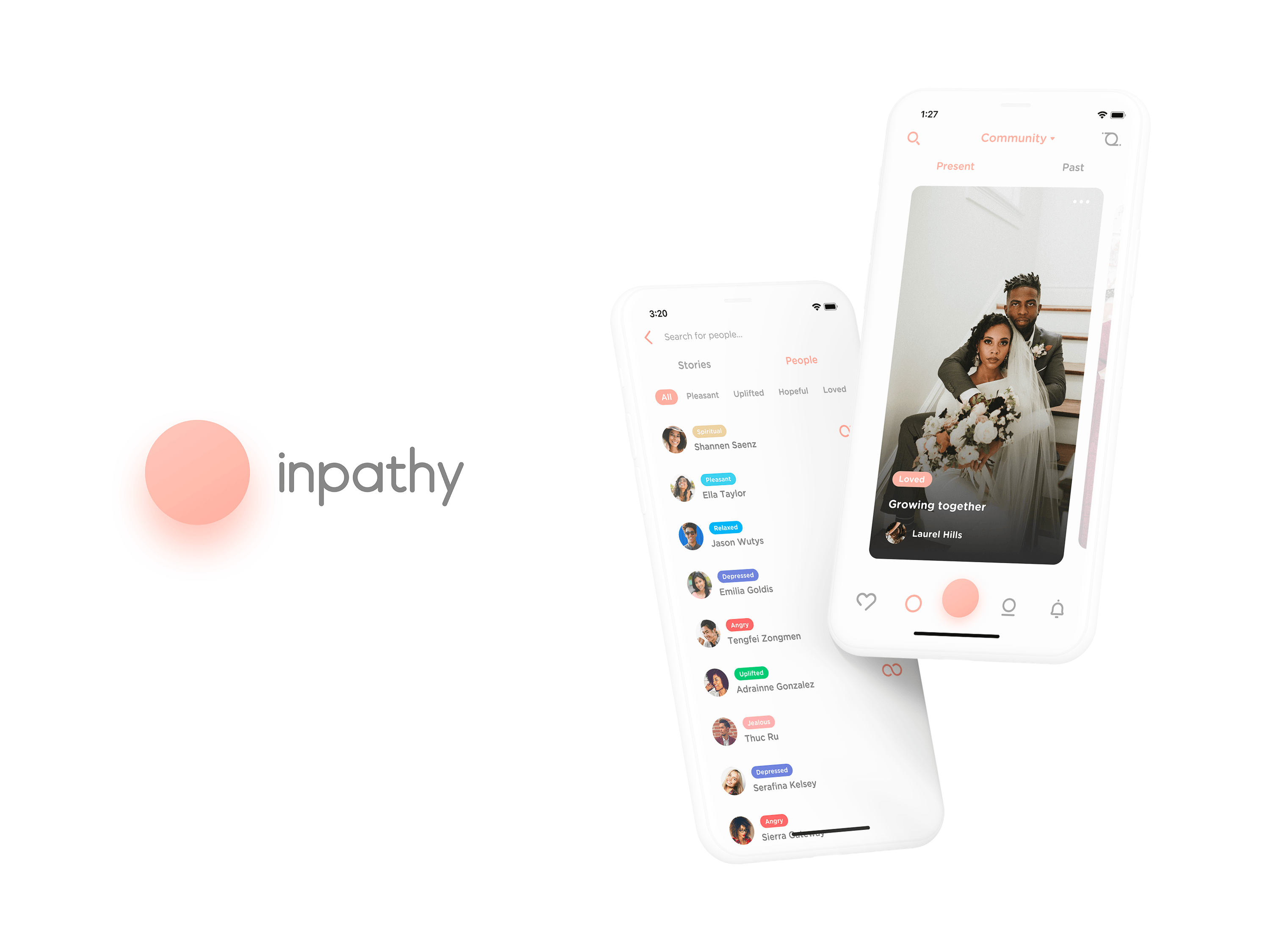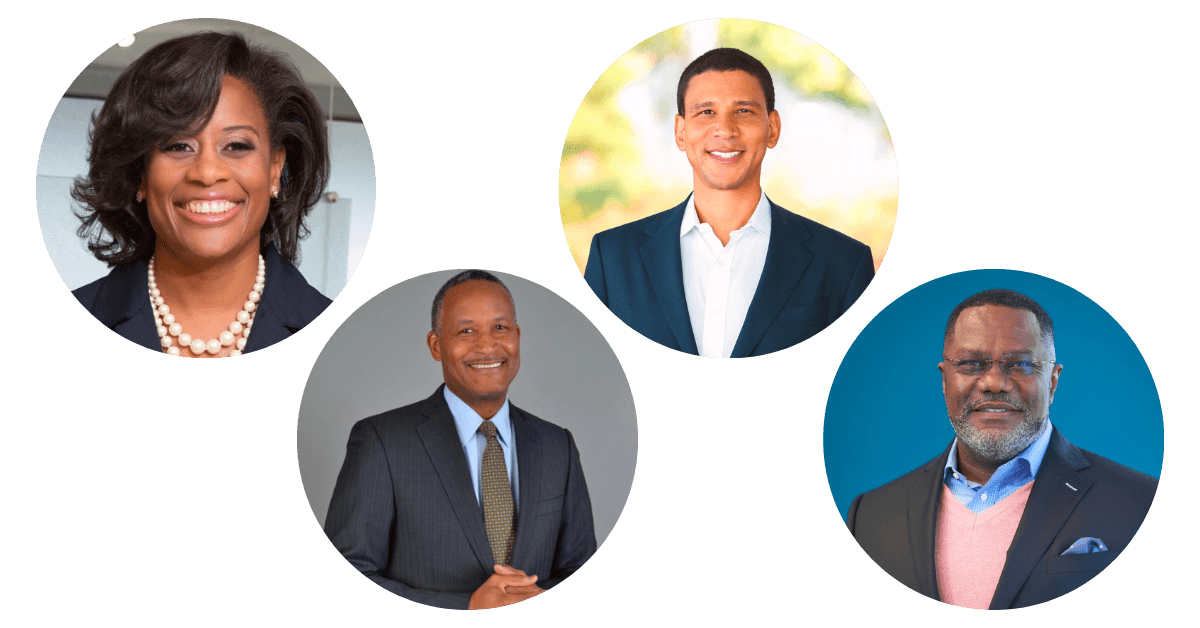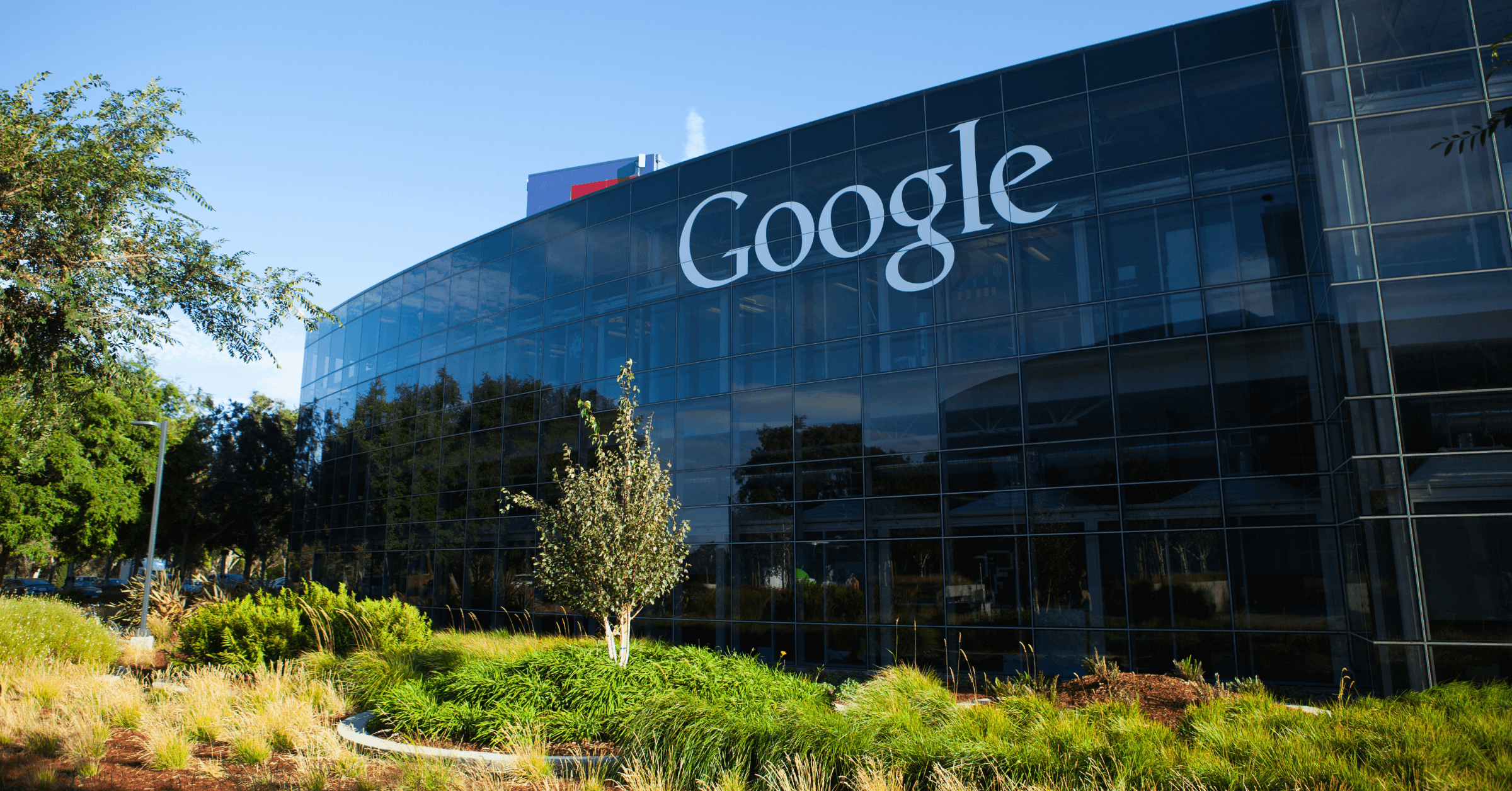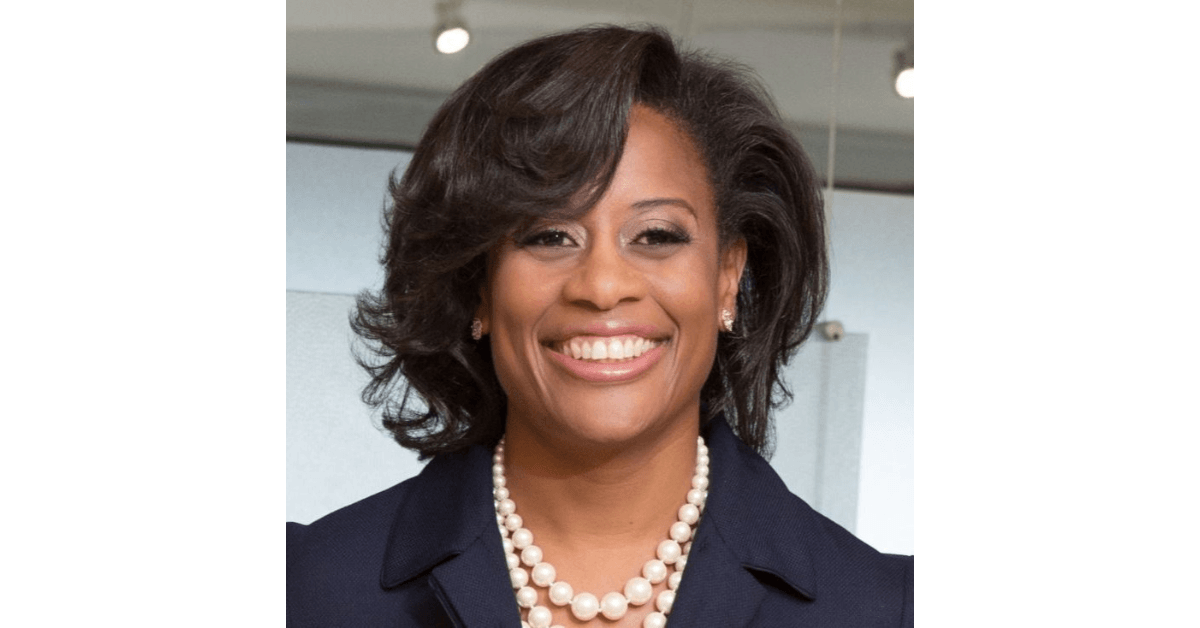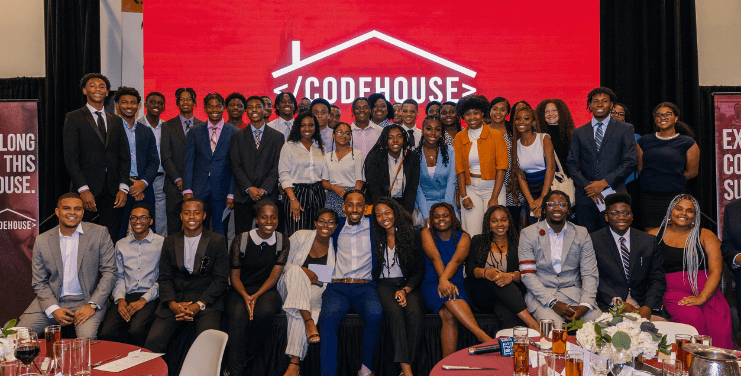KEY INSIGHTS
- The Black community is 20 percent more likely to have serious mental health issues and least likely to see mental health services
- A new Black-led social platform is launching with a hope of being a place for Black users to air their true feelings
- While Black users popularize most major social platforms and higher engagement they still face prejudice and systemic bias
A new social app, Inpathy, is seeking to bring the human experience back to a digitally modern world. Founder Ziarekenya Smith and his team have been working on recreating human experiences on social media, normalizing a range of moods and transparent communication to millions of people.
“The app is called Inpathy because it conflates with these highs and lows that have been a part of human civilization since the day we got here,” Ziarekenya Smith, CEO of Inpathy, told The Plug.
Mental health issues intensified after last year’s racial reckoning, from police brutality to the ongoing pandemic, this has been the case among Black people.
Black adults are 20 percent more likely to experience serious mental health issues compared to white adults, according to a 2019 report by Columbia University. Younger Black adults in the study also had lower rates of using mental health services compared to their white counterparts and older Black people.
Twenty-five percent of Black respondents in a separate study pursued mental health care while 40 percent of white respondents sought out mental health services, according to a McClean report, finding there is a stigma of appearing weak when seeking mental help among Black people. According to a McClean report, 75 percent of people with mental illness say they have endured the pain of stigma.
Smith, a Black founder, sees Inpathy as a human app and tool for users.
In its current form, the app does not have set policies or licensed mental health professionals because Inpathy is still in the production phase, according to Smith. He was careful to distinguish that Inpathy is a social media platform, not a mental health platform. All messages on the platform are monitored for user safety, Smith said.
Black social media users are simultaneously seeing more prejudiced treatment on social media while being a driving force in social engagement.
Smith believes that established social platforms like Facebook and Instagram will not stand up to Inpathy because the app was created on trust and openness. He predicts that not much will change about what’s wrong with large social platforms. Inpathy is nearing its crowdfunding goal.
A 2021 Digital Media Solutions report found that 70 percent of Black Americans use Facebook and 80 percent are from the ages of 18 to 25, followed by Instagram at 43 percent and LinkedIn at 28 percent.
Similarly, TikTok has grown from Black users popularizing the platform. The app grew in popularity during the pandemic, but there is criticism of plagiarism and unequal opportunities to monetize the platform for Black users. A built-in racial bias in TikTok’s algorithm may be to blame for making it more difficult for Black creators to be recognized.
The issues Black users face on big social media persist, but that’s the crux of why Smith feels Inpathy may stand a chance.
“If you want to become an early adopter, you can support Inpathy and get an exclusive beta invite when Inpathy hits its crowdfunding goal,” Smith said.

